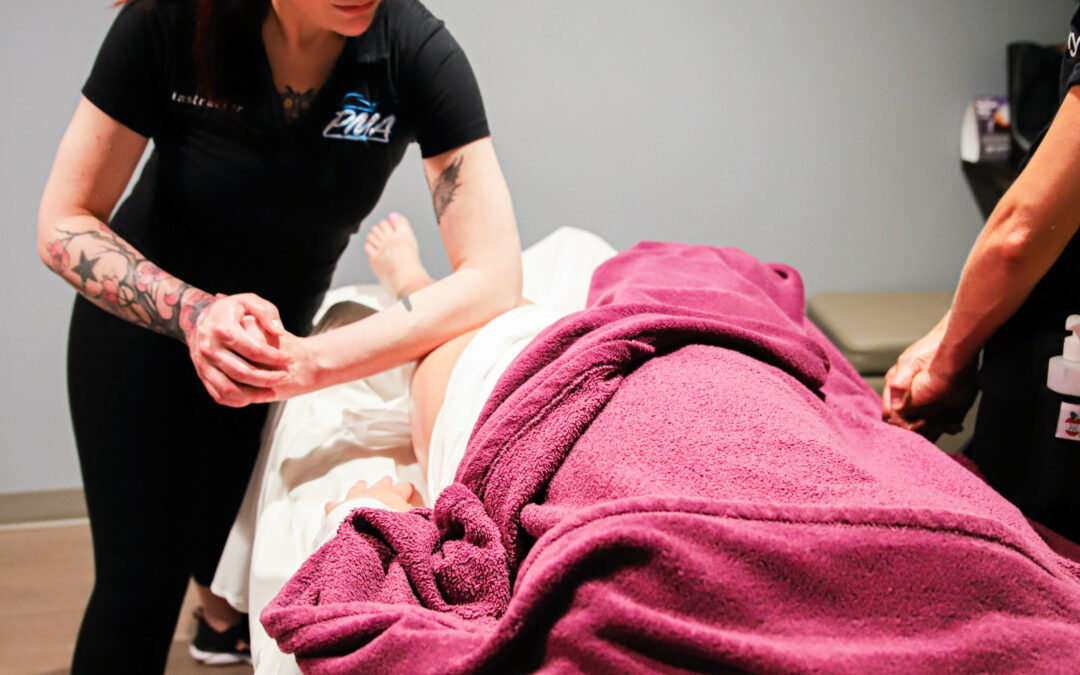For individuals living with chronic illnesses, finding effective, holistic support can sometimes feel like an uphill battle. Among the numerous avenues to explore, massage therapy stands out as a beacon of potential relief, thanks to its ability to address both physical and mental health.
Understanding Chronic Illnesses
Chronic illnesses encompass a wide range of health conditions that persist over time, often requiring a lifelong management approach. From the silent struggles of fibromyalgia to the well-documented pains of arthritis, chronic illness can take many forms, each affecting individuals in unique and often debilitating ways. Understanding the nuances of these conditions is pivotal for any massage therapist aiming to provide comprehensive care.
Chronic diseases not only include well-known ailments such as heart disease, diabetes, and cancer but also cover conditions like chronic pain syndromes, multiple sclerosis, and Crohn’s disease that might not be immediately visible to others. Symptoms vary widely but may include fatigue, persistent pain, stiffness, and cognitive difficulties. The impact on daily life can be immense, leading to significant challenges in maintaining a regular routine and overall well-being.
Benefits of Massage Therapy for Chronic Illnesses
Massage therapy is increasingly recognized as a beneficial adjunct therapy for various chronic conditions. Here’s how the magic of massage can offer respite and improvement to those dealing with long-term health struggles:
Pain Management
For those facing persistent pain, massage therapy offers a drug-free alternative or complement to traditional pain management methods. By targeting specific areas of discomfort, whether muscular or systemic, massage can help alleviate pain while also potentially reducing the need for strong pharmaceutical interventions.
Stress Relief
Chronic illness doesn’t just manifest as physical pain; the emotional toll can be equally taxing. A compassionate, skillful massage therapist can create a safe space for clients to relax, which in turn can reduce stress, improve mood, and promote a sense of well-being even in the face of chronic challenges.
Improved Circulation
Many chronic illnesses are associated with circulatory issues, which can exacerbate symptoms and slow the body’s healing processes. Massage therapy, through its various techniques, can stimulate blood flow, enhancing the delivery of oxygen and nutrients to the body’s tissues, and supporting overall health.
Ultimately, the integrative approach of massage therapy can lead to an improved quality of life for those with chronic illnesses. By addressing pain, stress, and physical limitations, massage empowers clients to take control of their health and experience life more fully, despite their ongoing health battles.
Tailoring Massage Techniques
It’s crucial for massage therapists to understand that not all massages are created equal, particularly when working with clients managing chronic illnesses. Tailoring massage techniques to meet the specific needs of each client ensures that therapy is both effective and safe.
For example, those with fibromyalgia may benefit from a gentler touch, while individuals with arthritis might find deep tissue massage around affected joints especially relieving. Lymphatic drainage techniques can be beneficial for clients with autoimmune conditions, while focusing on relaxation and myofascial release may support those with chronic pain syndromes. It’s essential for therapists to continually educate themselves on the most suitable approaches for different chronic illnesses, offering a personalized and effective experience for each client.
Building Trust and Communication
The relationship between a massage therapist and their client should be one of trust and open communication, but this bond is particularly crucial for individuals managing chronic health issues. Establishing trust enables clients to feel comfortable sharing their health concerns and goals, which is foundational for providing the most beneficial therapy possible.
Therapists should create an environment where clients feel heard and understood, encouraging them to voice any changes in their condition or treatment preferences. This approach allows therapists to provide a truly customized experience, adapting treatment plans as necessary to support the fluctuating nature of many chronic illnesses.
Empowering Clients
Massage therapists can empower their clients by providing them with knowledge and tools to manage their condition at home, fostering a sense of independence and control over their health.
Simple self-massage techniques, mobility exercises, and stress management strategies can become part of a client’s daily routine, functioning as a continuous support system. This education not only deepens the impact of massage therapy but strengthens the client’s relationship with their therapist, as they become partners in the client’s self-care.


Recent Comments